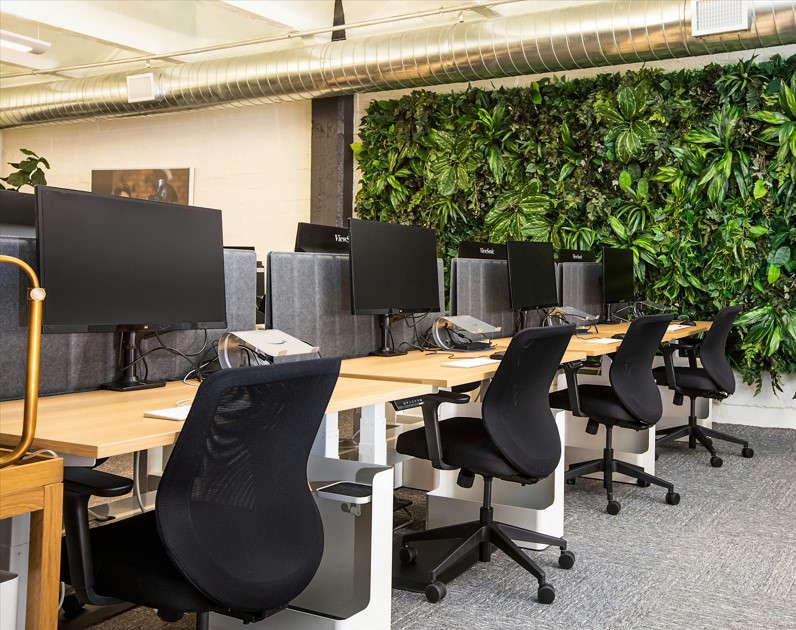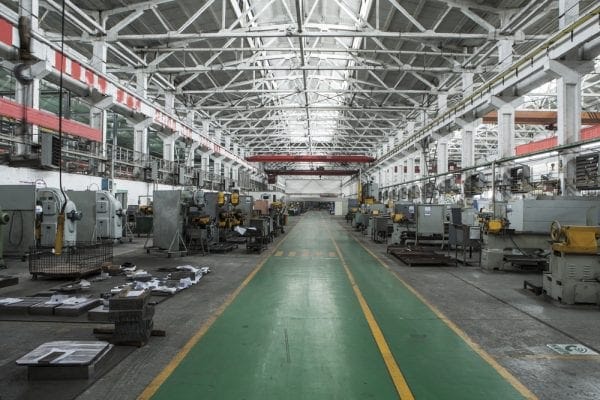Thinking of relocating to a new city or country? Exciting, right? But then comes the not-so-fun part figuring out how to move your beloved ride. Whether it’s your trusty car, a prized bike, or that luxury beast you call your weekend toy, vehicle relocation is no joke. It’s all about nailing the logistics, acing the paperwork, and handling your vehicle like it’s royalty.
Cross-border moves? Oh, they crank the complexity up a notch. That’s where choosing the right transportation service makes all the difference. Let’s figure out the best practices, options to consider, and insider tips to make your vehicle’s journey as smooth as your next road trip. Let’s get moving.
Why is Vehicle Relocation a Growing Need?
A Modern Necessity
With increased global mobility, people frequently move for jobs, education, or personal reasons. Along with household goods, relocating vehicles has become an essential service. Unlike household items, vehicles require specialized handling, making vehicle relocation a critical part of any move.
Challenges of Moving Vehicles
- Legal Regulations: Different countries or states have unique rules for vehicle entry.
- Specialized Handling: Luxury cars and bikes need extra care to avoid damages.
- Documentation Requirements: Custom clearance, ownership proofs, and insurance papers are often mandatory. These factors emphasize the importance of professional vehicle shipping solutions that address such complexities.
Who Needs Car Transportation Services?
- Expats relocating internationally
- Families moving across states
- Luxury car owners ensuring their prized possession’s safety
- Companies transferring employees with vehicles
Types of Vehicle Relocation Services
Domestic Car Transportation Services
For moves within the same country, car transportation services ensure your vehicle is transported safely to your destination. Trucks or trailers are commonly used, with enclosed or open carrier options depending on the level of protection required.
International Vehicle Shipping Solutions
Cross-border moves demand specialized services. Shipping methods include:
- Roll-on/Roll-off (RoRo): Vehicles are driven onto a ship and secured for transport.
- Container Shipping: Offers more protection, especially for luxury cars and bikes.
- Air Freight: Ideal for high-value vehicles that require urgent transportation.
Specialized Services for Luxury Vehicles
High-end vehicles require tailored solutions like temperature-controlled containers, advanced security measures, and constant tracking during transit. Such vehicle shipping solutions ensure that luxury cars and bikes remain pristine throughout the journey.
Best Practices for Vehicle Relocation
Preparing Your Vehicle for the Move
- Inspect and Document: Take photographs of your vehicle from all angles. Note any existing scratches or dents.
- Clean the Vehicle: A clean car makes it easier to spot any damage post-transport.
- Remove Personal Belongings: Take out all valuables and loose items to prevent damage during transit.
- Check for Leaks: Ensure there are no fluid leaks to comply with transport safety regulations.
- Keep Fuel Levels Low: Most transport companies recommend keeping fuel at 25% or less for safety reasons.
Choosing the Right Service Provider
- Research Options: Compare reviews, ratings, and services offered by various companies.
- Verify Credentials: Ensure the provider specializes in vehicle relocation and has experience with cross-border moves.
- Insurance Coverage: Opt for a provider offering comprehensive insurance to protect your vehicle during transit.
Documentation Required
For a smooth process, ensure the following:
- Vehicle registration documents
- Valid insurance papers
- Identification and ownership proof
- Customs clearance documents for international moves
Key Benefits of Professional Vehicle Shipping Solutions
Expertise and Efficiency
Professional car transportation services streamline the process, ensuring all documentation, legalities, and logistics are handled expertly.
Safety and Security
Your vehicle is in safe hands, with advanced packing techniques, tracking systems, and experienced handlers minimizing the risk of damage.
Time-Saving
Instead of driving the vehicle yourself, professional vehicle shipping solutions free up your time and energy, allowing you to focus on other aspects of the move.
Cost-Effective
Though the upfront cost might seem high, you save on fuel, tolls, and potential wear and tear on your vehicle.
Common Mistakes to Avoid During Vehicle Relocation
Skipping Insurance
Even with the most reliable service provider, accidents can happen. Always opt for insurance to safeguard against unforeseen damages.
Choosing Based on Price Alone
While affordability is important, don’t compromise on quality. Check the provider’s reputation, services, and expertise in vehicle relocation before deciding.
Ignoring Legal Requirements
For international moves, failing to meet customs or regulatory requirements can lead to delays or fines. Ensure all paperwork is in order.
A Checklist for Hassle-Free Vehicle Relocation
- Research Reliable Providers: Choose experienced companies specializing in car transportation services.
- Prepare Your Vehicle: Inspect, clean, and secure all loose parts.
- Complete Documentation: Gather all necessary papers before the move.
- Communicate Clearly: Discuss timelines, costs, and any specific needs with your service provider.
- Inspect After Delivery: Check your vehicle for any damage and match it with pre-transport photographs.
Trends in Vehicle Relocation Services
Technology Integration
Many providers now offer GPS tracking for real-time updates on your vehicle’s location, ensuring transparency and peace of mind.
Eco-Friendly Options
Sustainable practices, such as energy-efficient transportation methods, are being adopted in the industry.
Tailored Solutions
From personalized handling for vintage cars to rapid delivery options for urgent moves, the industry caters to diverse needs.
Conclusion
Moving your ride to a new city or even across continents? It’s not just about tossing the keys and hoping for the best. Whether it’s your everyday car, your beloved bike, or that jaw-dropping luxury model, relocating a vehicle takes planning, care, and a whole lot of know-how.
So, let the pros handle it. Get in touch with Writers Relocation for customized solutions that make moving your vehicle as easy as hitting the gas. Stress-free relocation? We’ll make it happen.









